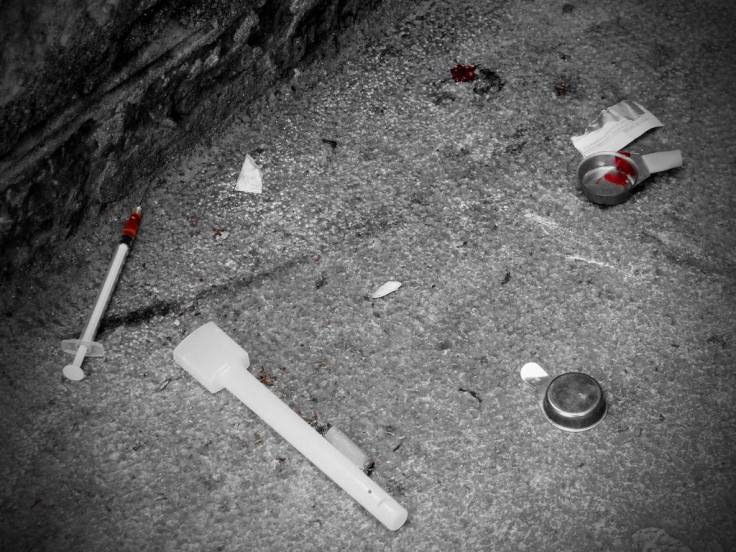Chicago Police Blames 70 Heroin Overdoses Over 3 Days On 'Extremely Strong Batch Of Heroin'

Law enforcement agencies in Chicago say they are still trying to pinpoint the cause of a dramatic rise in overdoses after an “extremely strong batch of heroin” led to more than 70 overdoses over the course of three days. Although investigators are still trying to determine the contents of several heroin samples recovered at overdose scenes, some city officials are reminded of a similar overdose epidemic in 2006 that was caused by heroin laced with the powerful painkiller, fentanyl.
“Fentanyl was the first thing that popped into my mind,” former Chicago Police Supt. Phil Cline told the Chicago Sun-Times. “The craziest thing back then was that when other addicts heard people were overdosing, they ran to find the stuff right away because they wanted the most powerful high. They think other people’s tolerance is low and they can get that high without going over the edge. But they’re wrong.”
Officials are currently awaiting the toxicology report from a 49-year-old man who was found dead in the city’s West Side neighborhood due to an apparent drug overdose. The sample is being tested for potential fentanyl contamination. Heroin traffickers often add fentanyl to a batch of heroin to increase the drug’s potency. To help combat any new victims affected by this epidemic, the Chicago Fire Department and paramedics are carrying extra Narcan — a drug used to reverse the effects of a heroin overdose.
“Hospitals continue to evaluate patients who have overdosed, but the rate at which they are presenting at the hospitals has slowed down,” said Cristina Villarreal, a spokeswoman for the Chicago Department of Public Health.
Fentanyl is a potent opioid that is considered 100 times more powerful than morphine and 30 to 50 times more powerful than heroin. Drug overdose epidemics tied to this potentially lethal narcotic have been recorded in U.S. cities with high rates of drug use, including New York City, Philadelphia, and Chicago. Back in March 2015, the Drug Enforcement Administration (DEA) issued a nationwide alert regarding the dangers of fentanyl.



























